Art and artists create a community that is filled with love, passion and care about others and current issues that arise. Student-led art, poetry, song covers and other works of art were displayed in Veterans Hall on March 19 to express their feelings about current changes to Diversity, Equity and Inclusion policies at UNCW.
Health and Human Services week is a weeklong series of events that drives to inspire, educate and promote health and wellness within the UNCW community by providing lectures and discussions. Unseen/Unheard Art Call is a student-led art exhibit to provide a space for students to create creative work expressing their emotions, thoughts and feelings around the current DEI policy changes. This art exhibit was more than just a display, it was a congregation of a community.
DEI is a defined framework that promotes fair treatment and full participation, especially for populations historically underrepresented or subject to discrimination due to background, identity, disability, etc. On April 17 2024, UNC Board of Governors voted to repeal DEI programs in N.C. universities.
Speaker Dr. Kris Hohms introduces the viewers to the art exhibit. “This exhibit was created to establish a space to highlight diverse voices,” said Hohms. This art exhibit opened up a conversation about identity, representation and policy within the UNCW community.
“In a time when the world is trying to divide us, art is a powerful way to bring us together,” Hohms said.
The floor opened up for all of the artists who have contributed to the art exhibit. Becky Baack (photographed) speaks about the process and her feelings behind her artwork, “Wings Clipped.” Baack gives some personal background about her journey from being in art education to becoming a social worker. She expressed how everyone belongs and realised that she was coming to a university that was “no longer going to support that.”

Baack explains that her inspiration for her piece was based off a sidewalk in New Orleans in 2020. “That piece of broken sidewalk reminded me that I wasn’t the only one to walk down that sidewalk,” Baack said. “There are many generations that walked before me.”
Quotes are displayed throughout Baack’s painting from past generations who have spoken out about diversity, equality and inclusion, much like there was a generation before our current time speaking out about these changes. Baack explains how some of the quotes that are within the painting were posters that hung up in her classroom. The magazine pieces from magazines, titled “Art that Made America Great,” from 1986 were torn up and glued onto the canvas.
“I titled it ‘Wings Clipped,’ because I feel as if that’s what the UNC system did to us,” said Baack.
Alex Tosoni, created her work “Looked upon” which was in the works before she transitioned. She speaks about how her upbringing created an environment that was not accepting of her identity. Tosoni states that she did not know what gender dysphoria was until she was 18.
“I grew up and made that painting before I knew who I really was,” said Tosoni. “That painting came from the process of throwing colors onto the canvas. I was initially thinking about transitioning when I was doing this and playing around with white, pink and blue.”
Tosoni described her process of transitioning as an anxious feeling as to why she painted over the canvas with black. She started to carve into the canvas until she created the work that was presented at the art exhibit.
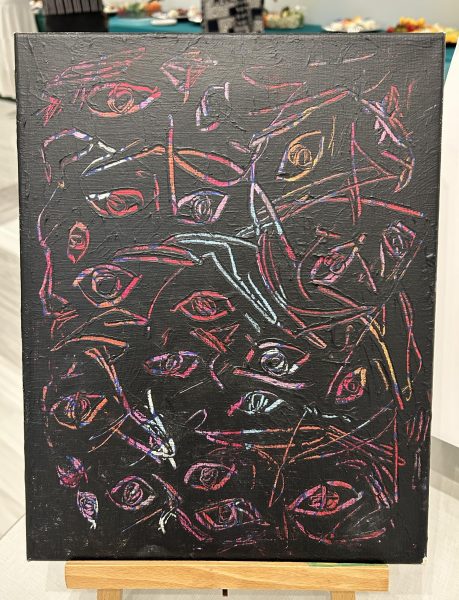
“When you look at anyone in the LGBTQ, there is a mountain behind us,” Tosoni said. “When you are talking to us, you should always consider the mountain behind us.”
An acapella cover of the song “I’m Here” from the Color Purple musical was played aloud during the exhibit. The singer of this piece is performed by an anonymous student. The powerful voice filled the lobby of Veterans Hall as members of the audience listened to the cover.
The Unseen/Unheard art exhibit artistically portrayed the struggles and challenges that students at UNCW are facing with the current DEI changes. These works of art display the emotions of sadness and a sense of community towards those who are being impacted. Some resources and organizations that are still available for students at UNCW are Mohin-Scholz LGBTQIA Resource Center, Asian Heritage Cultural Center, Upperman African American Cultural Center and Centro Hispano.



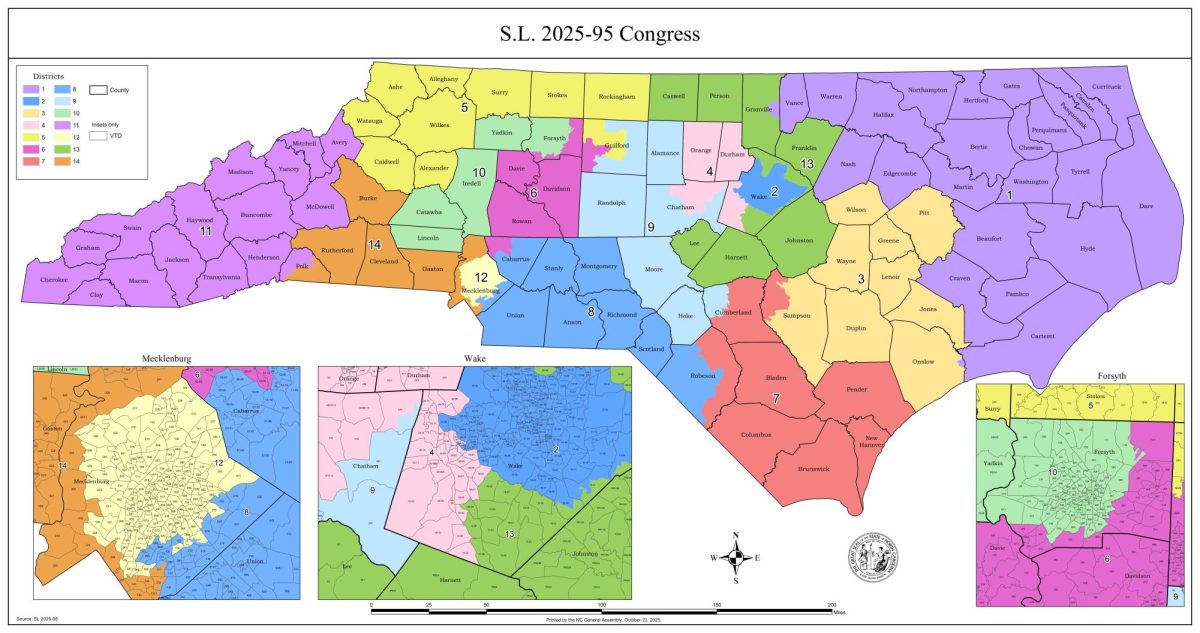
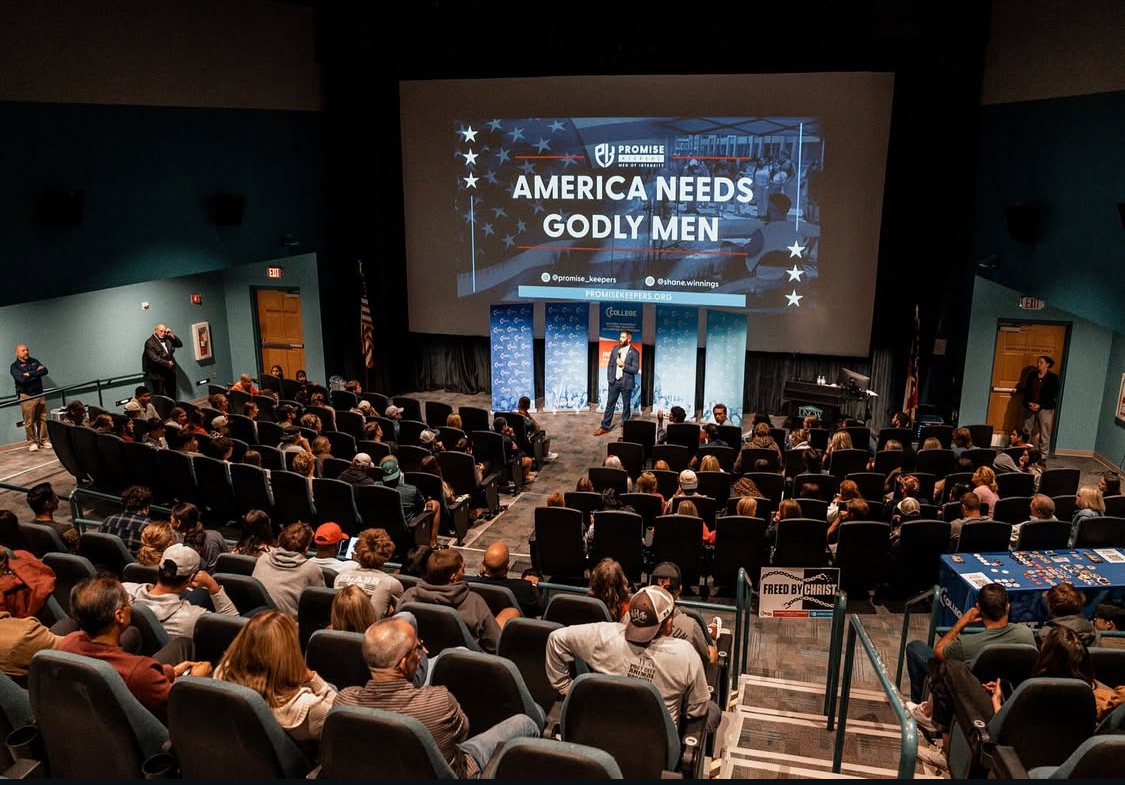
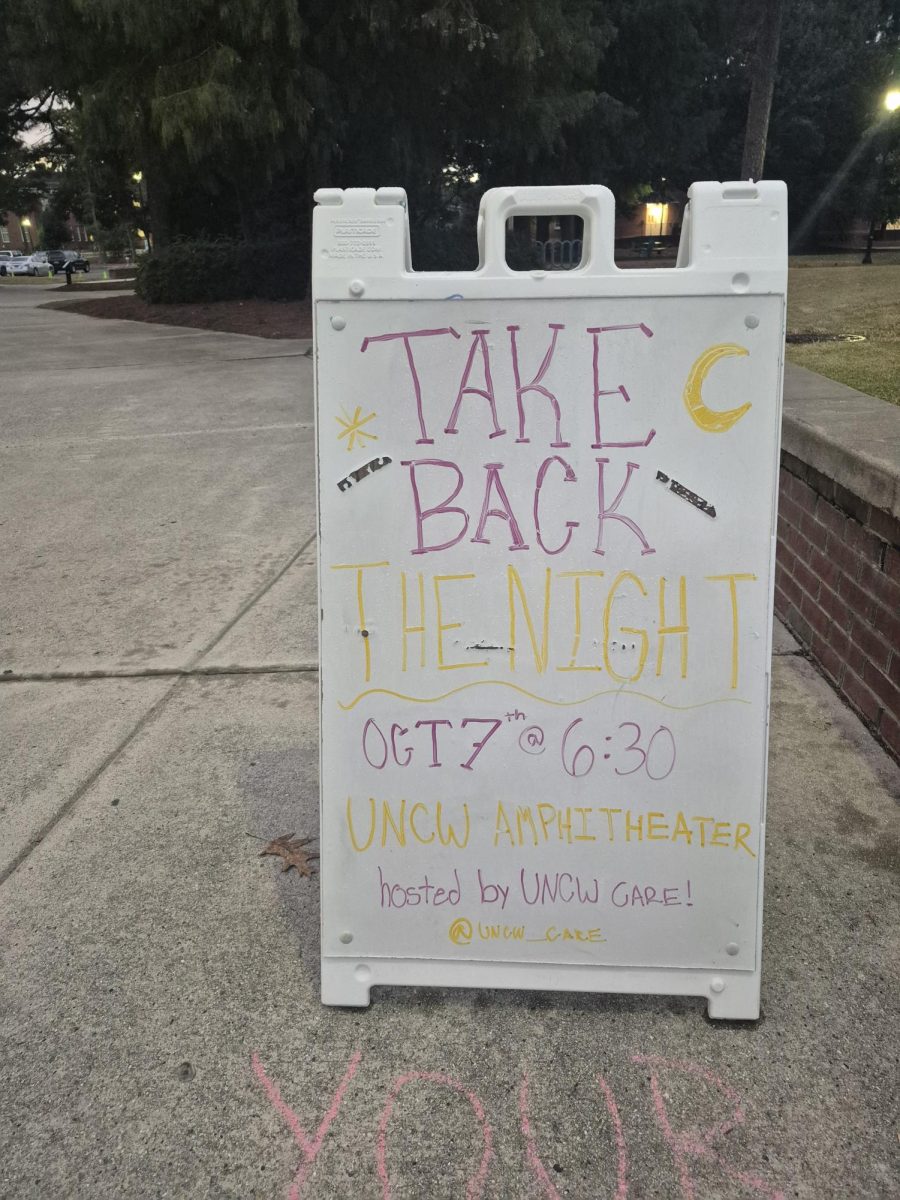
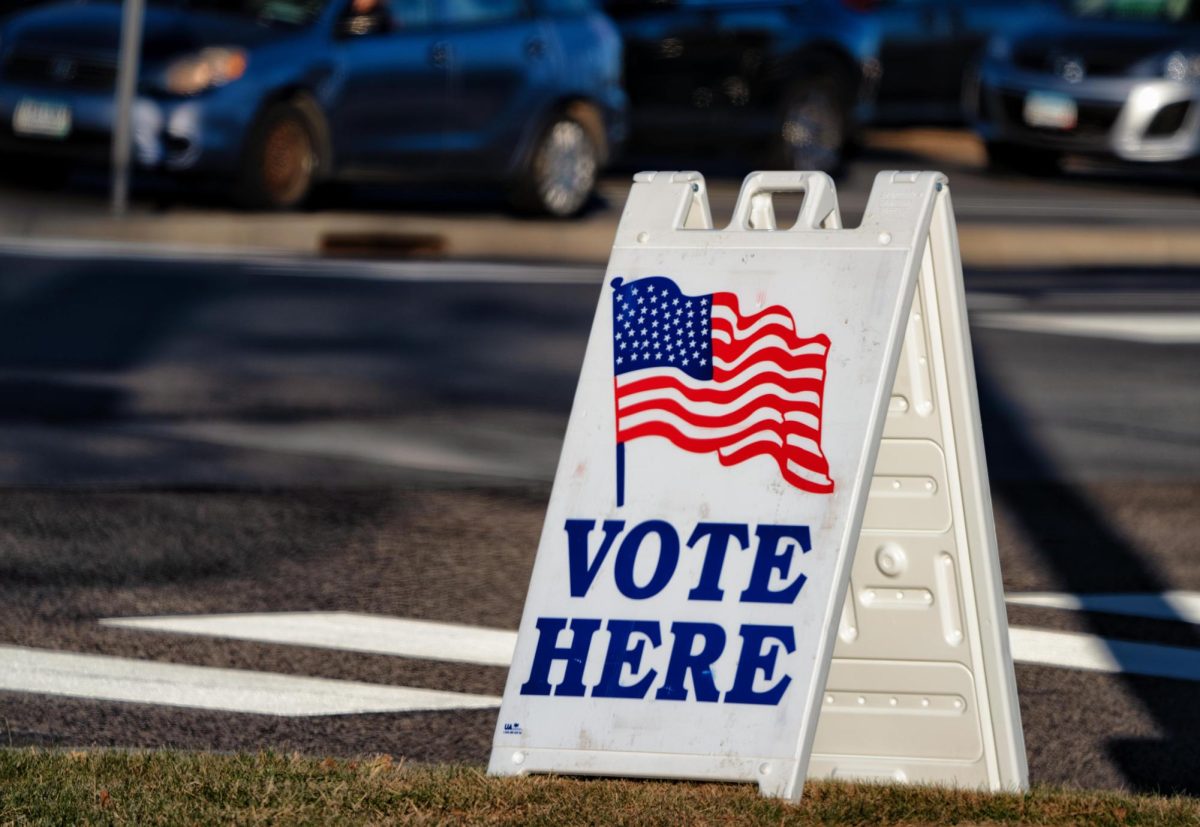
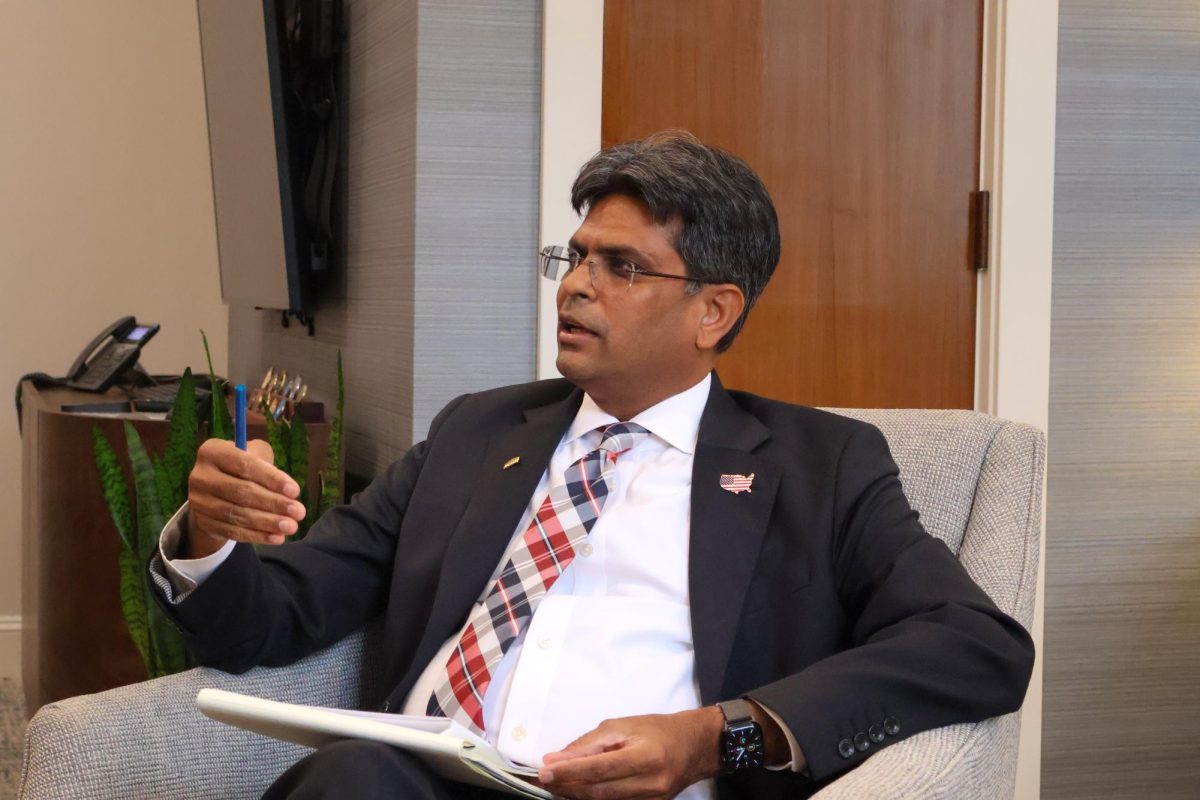
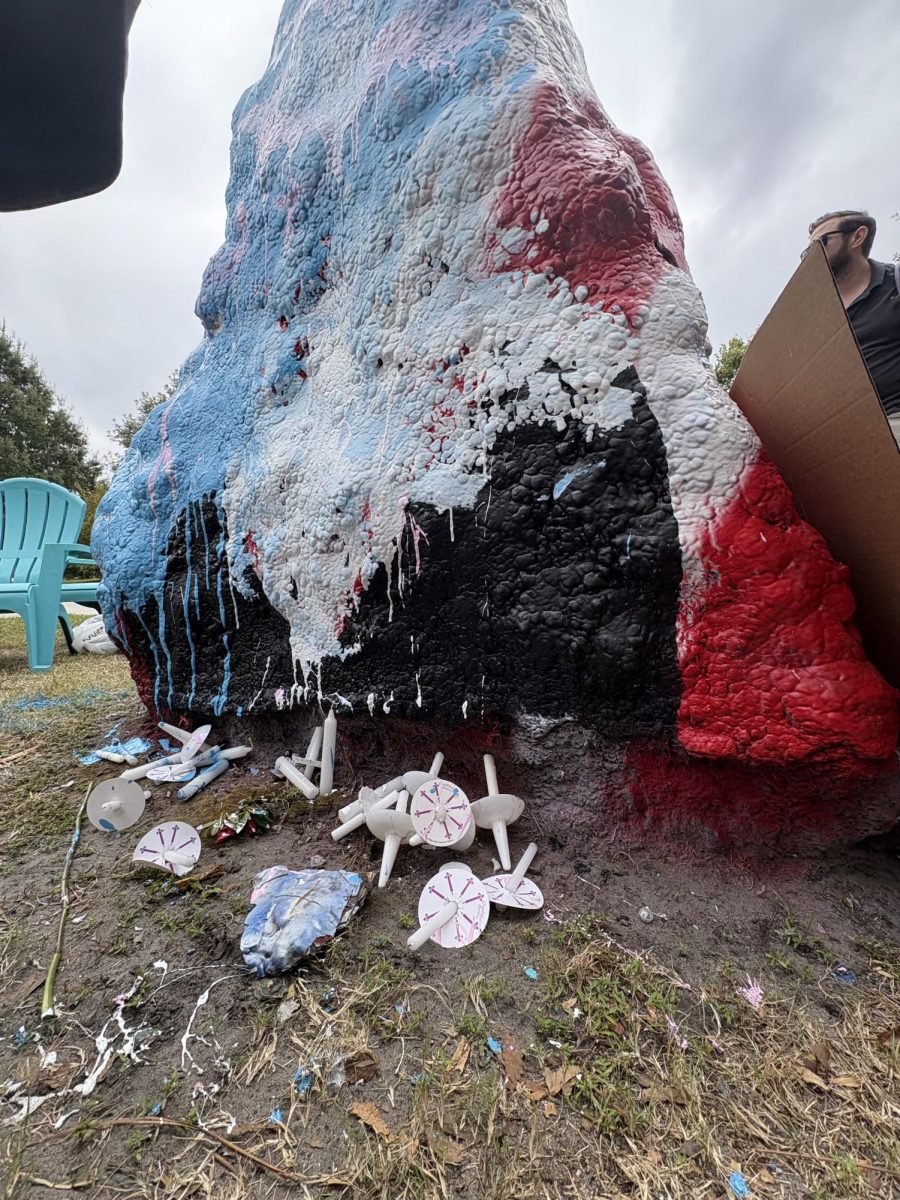
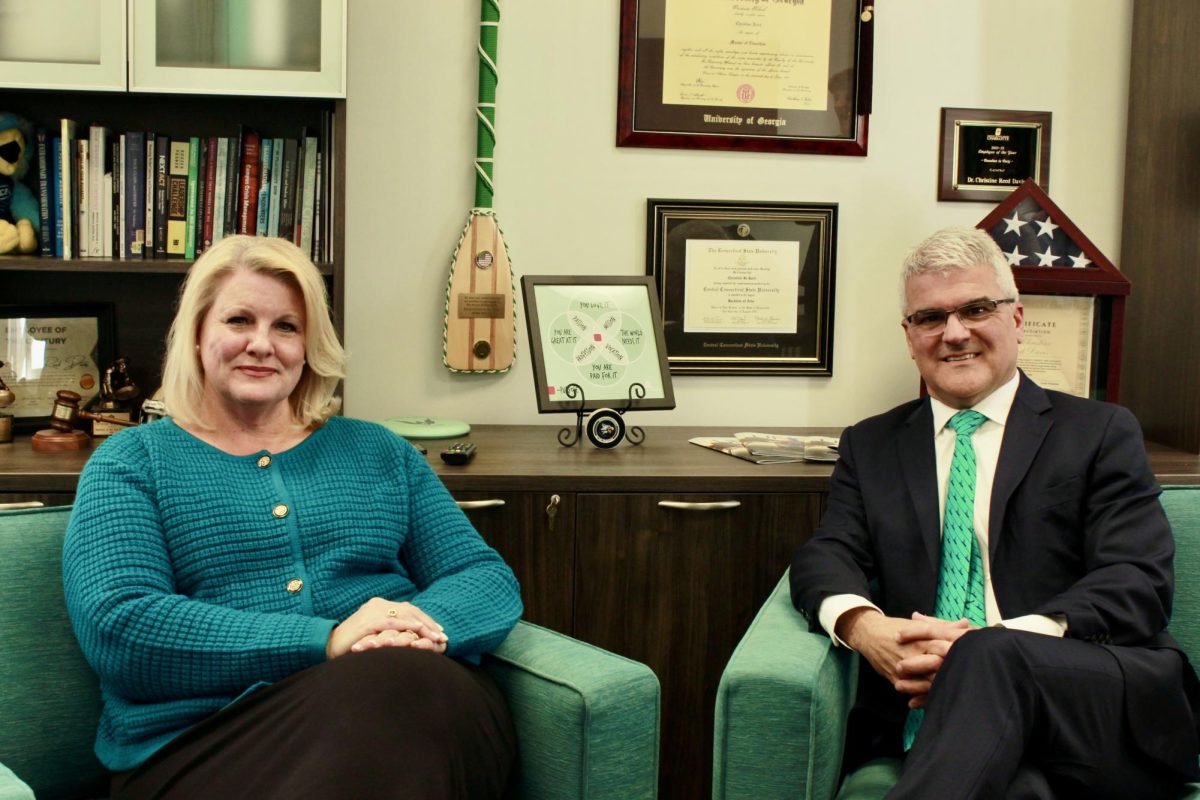

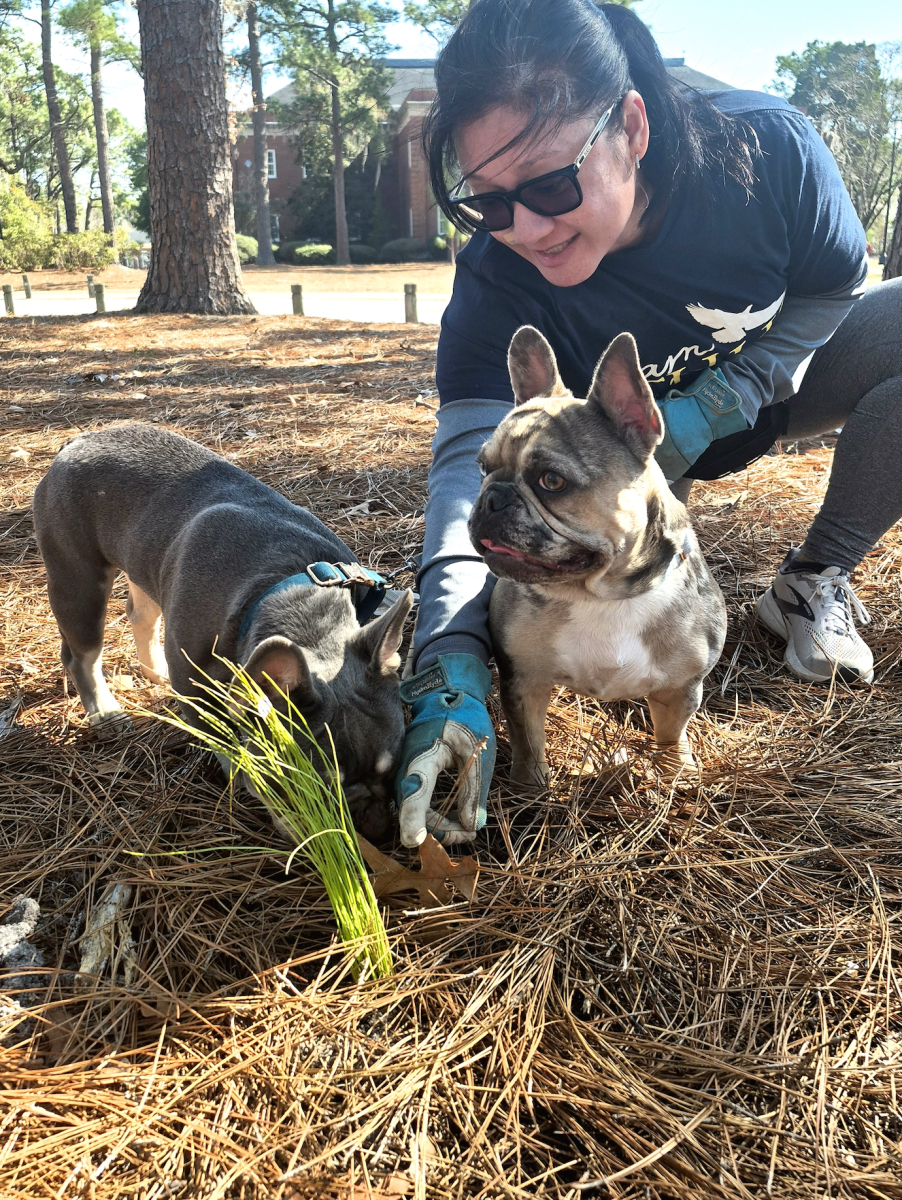
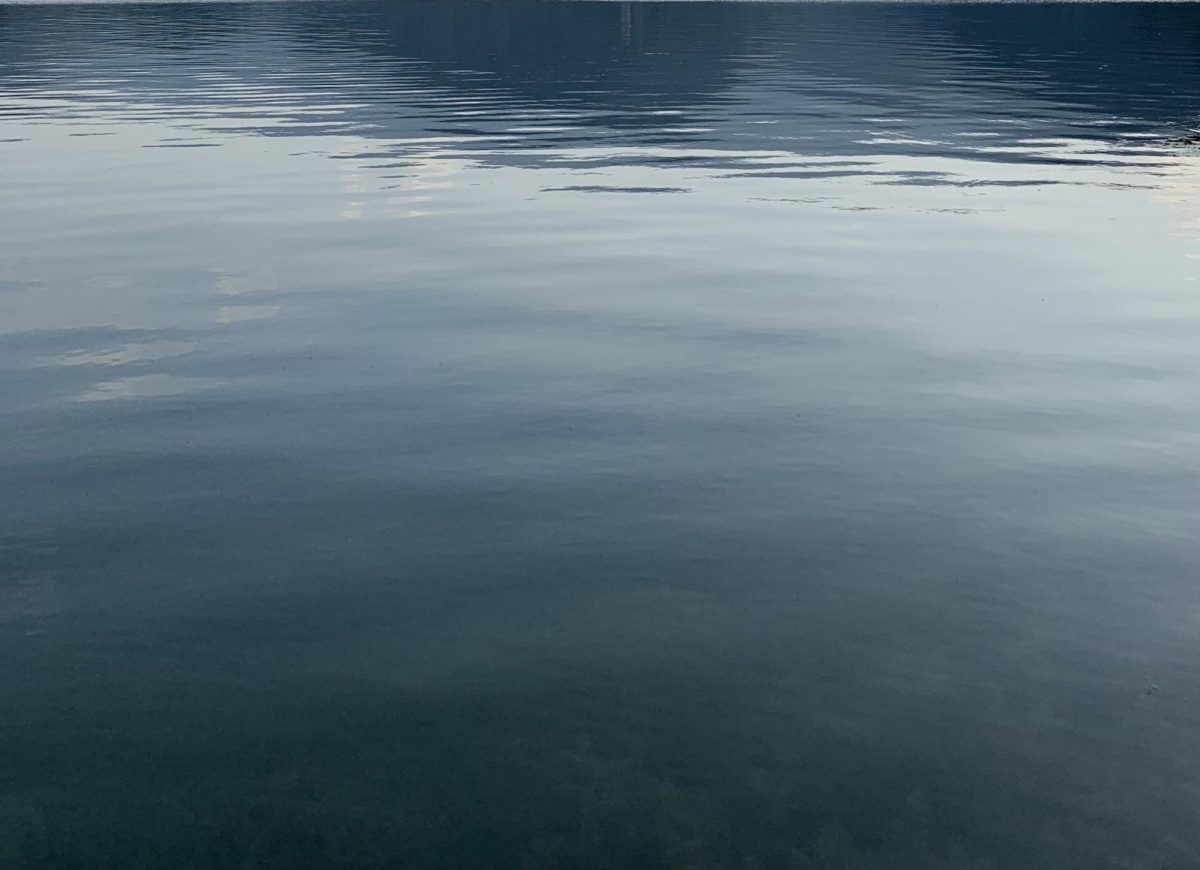
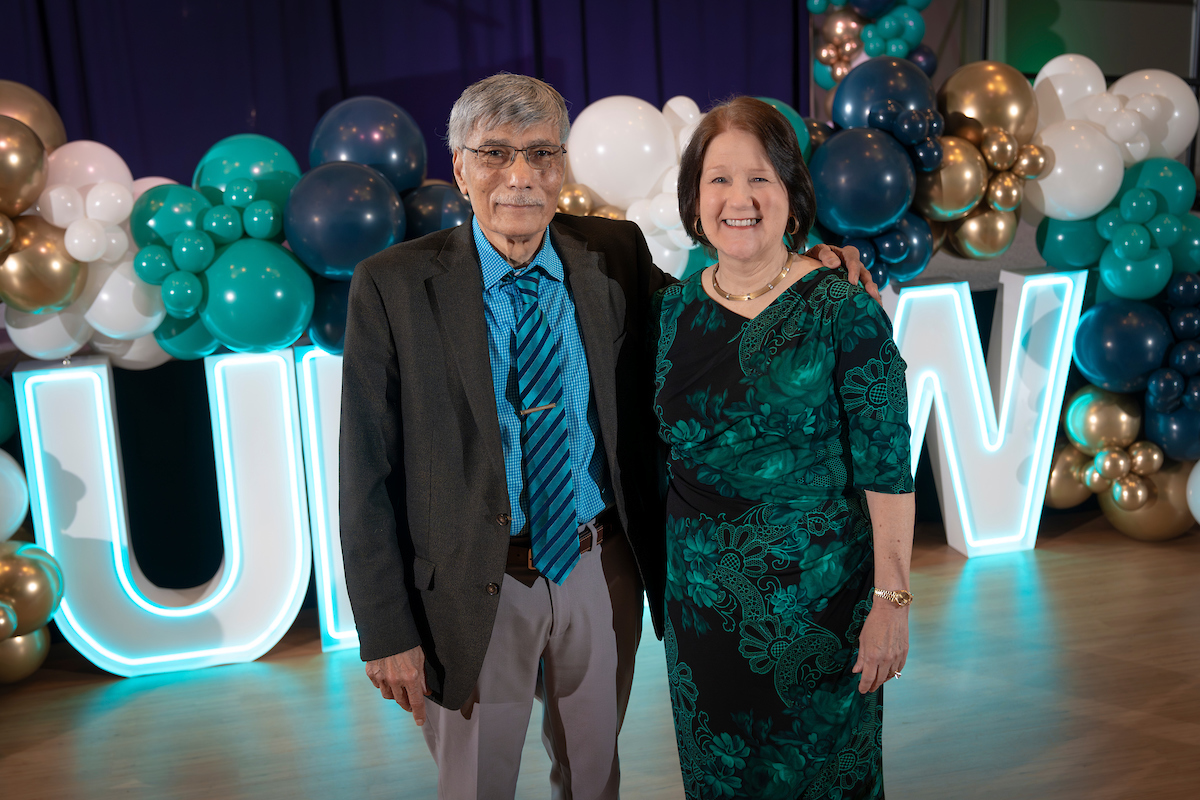
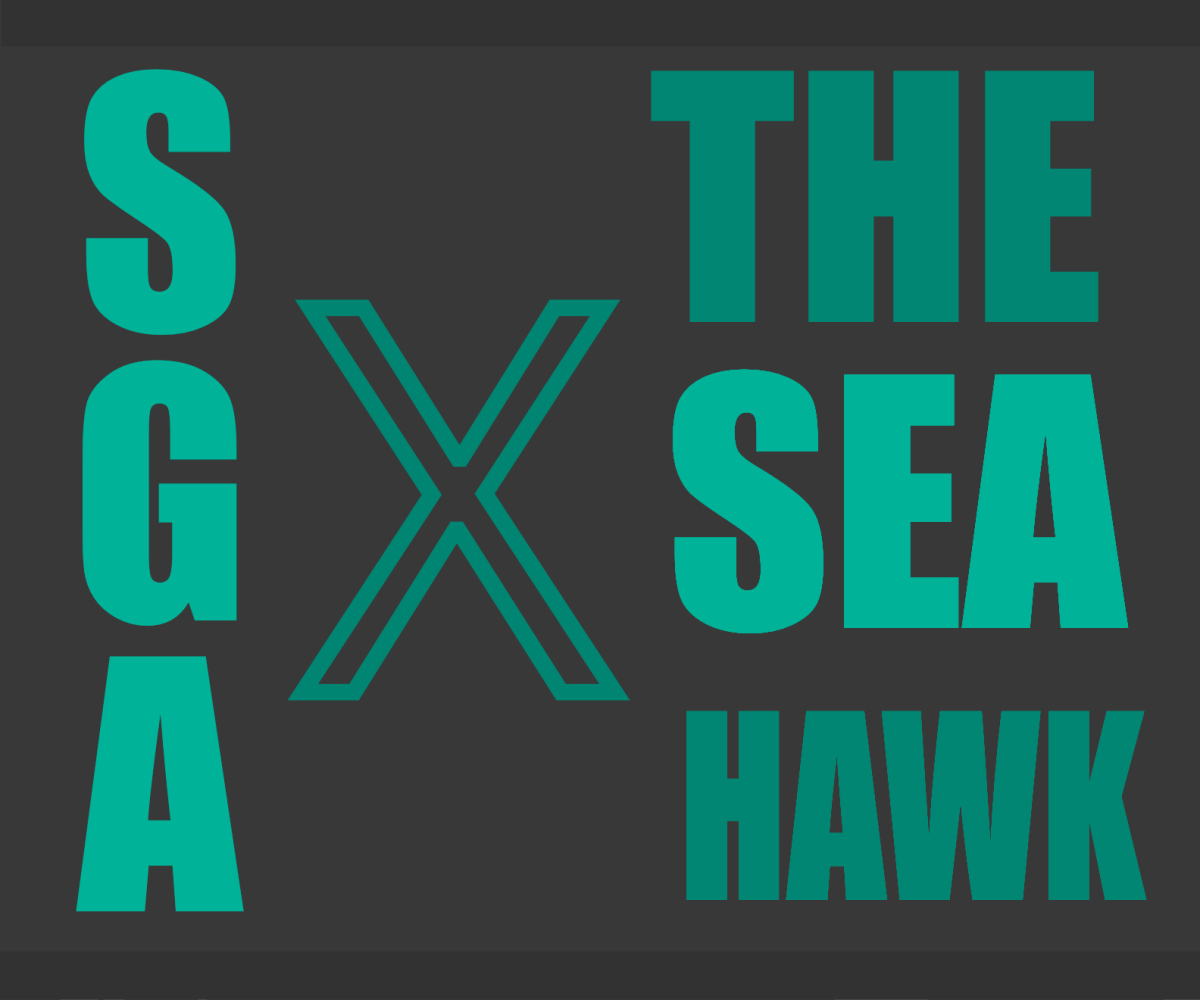

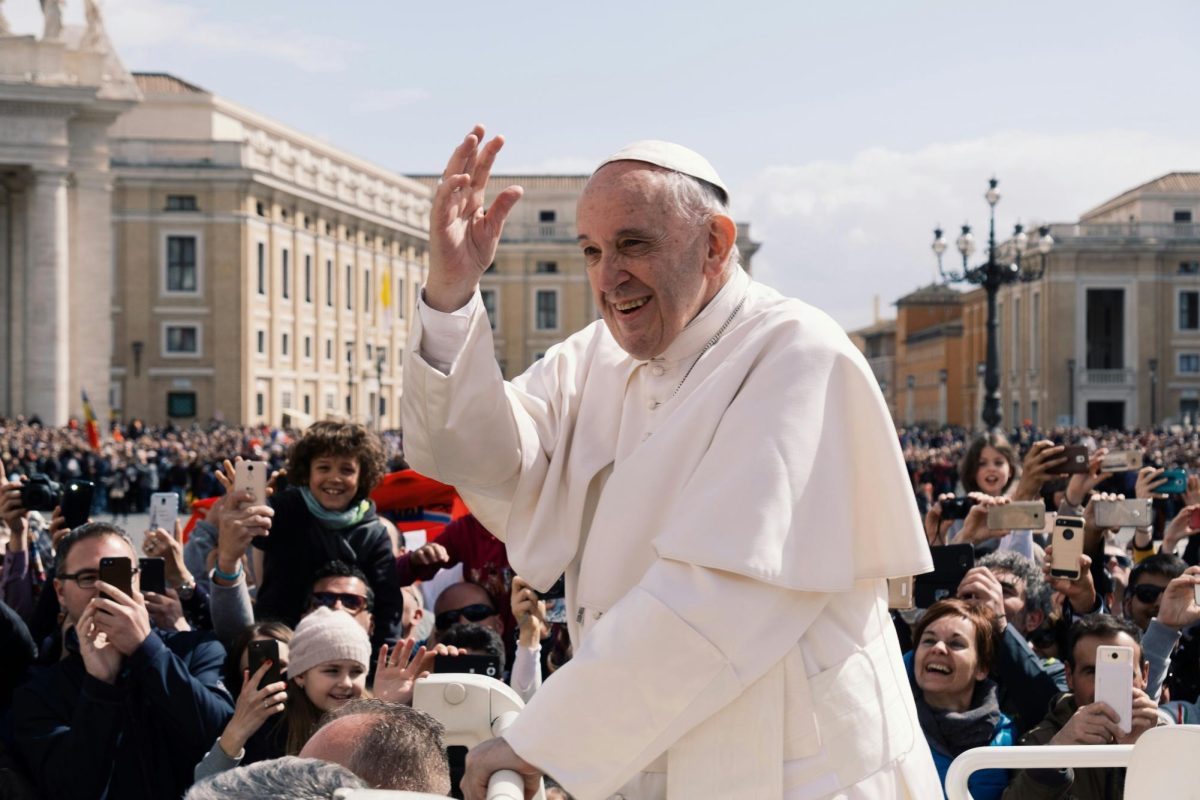
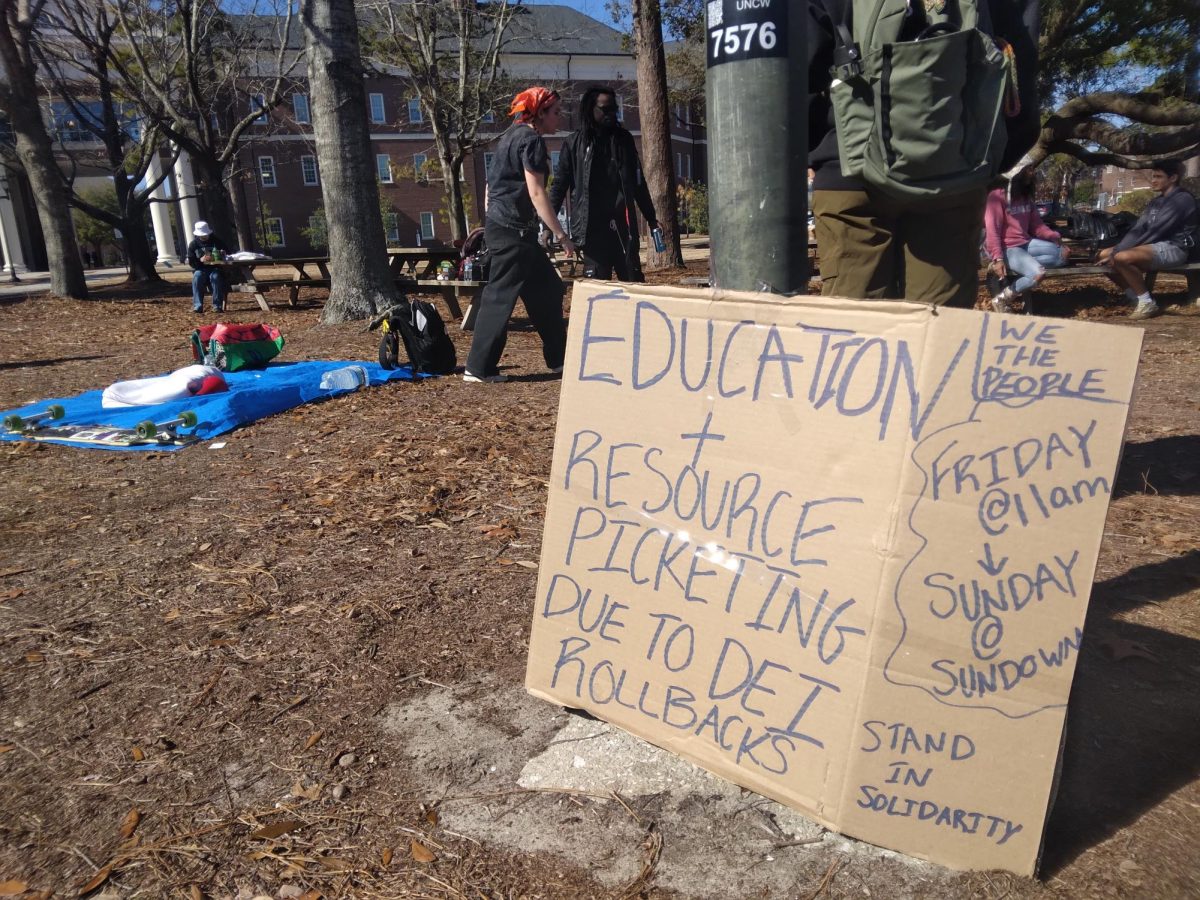
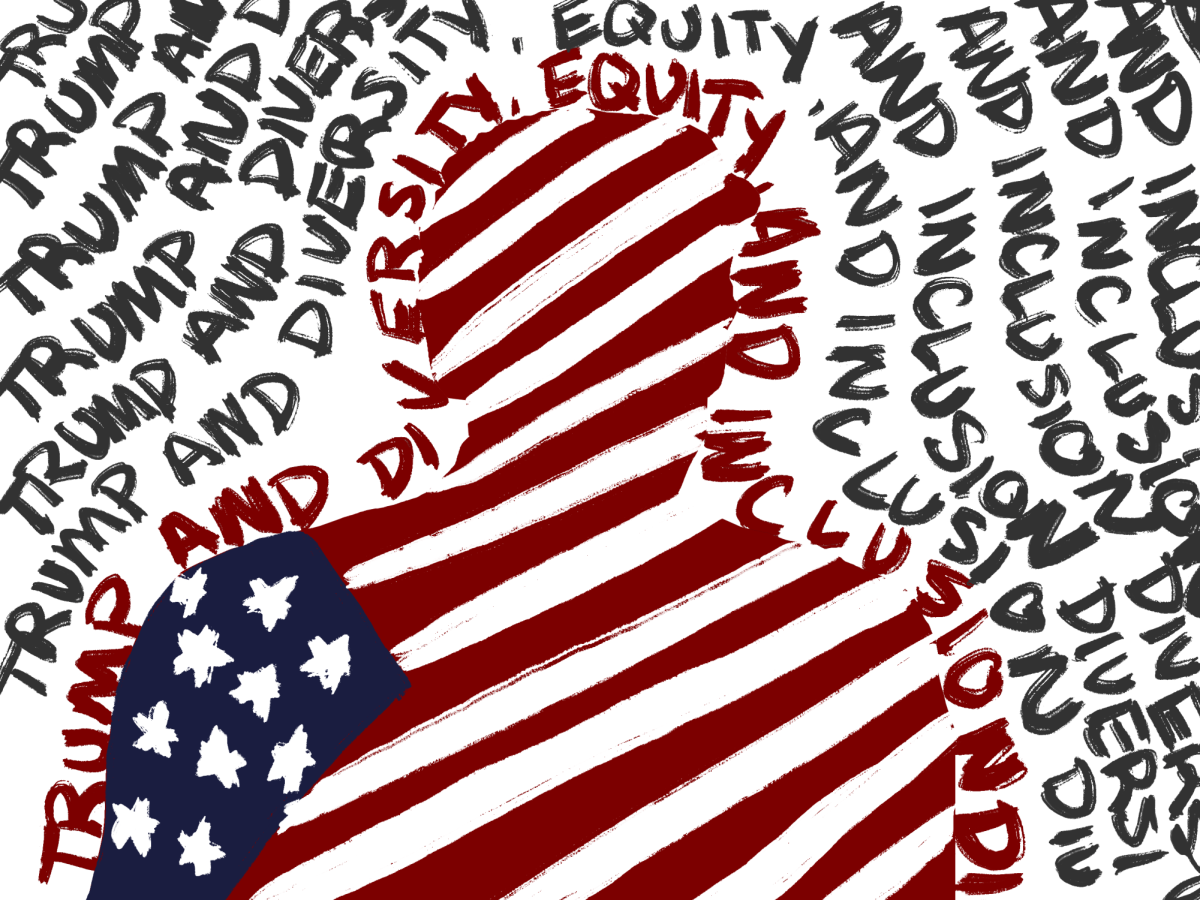
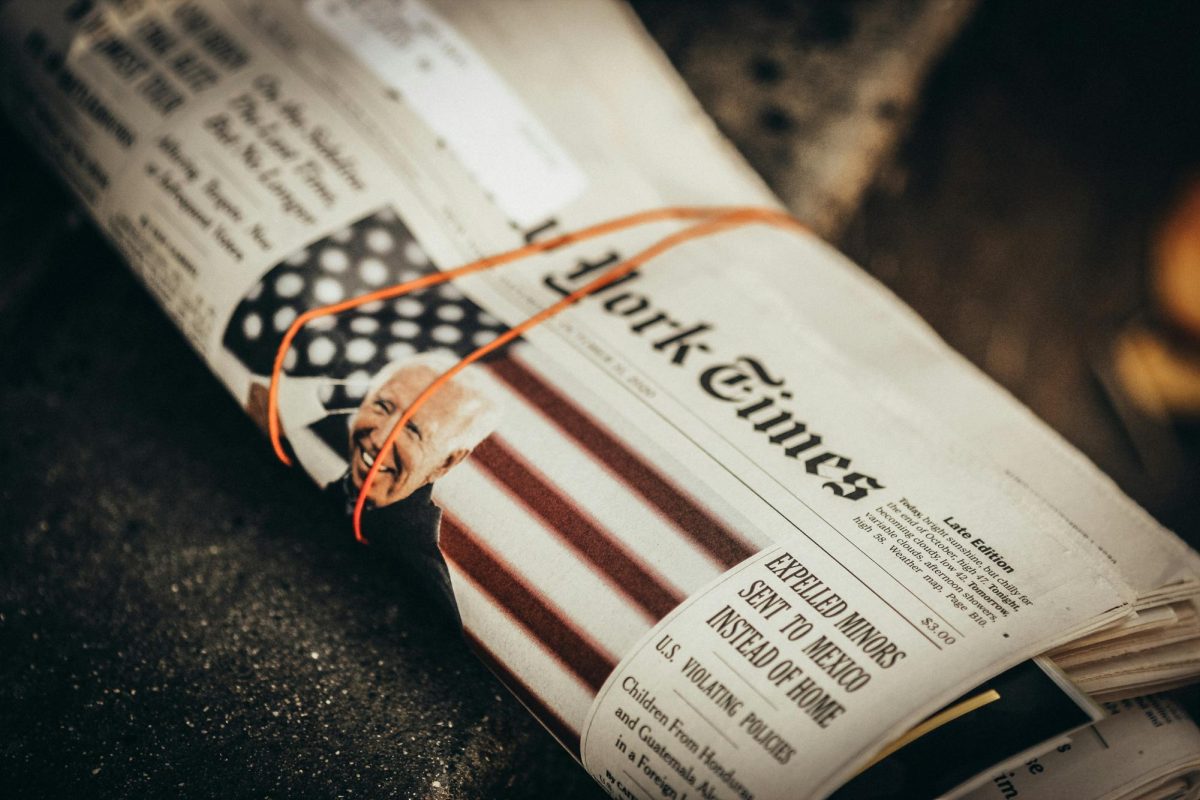
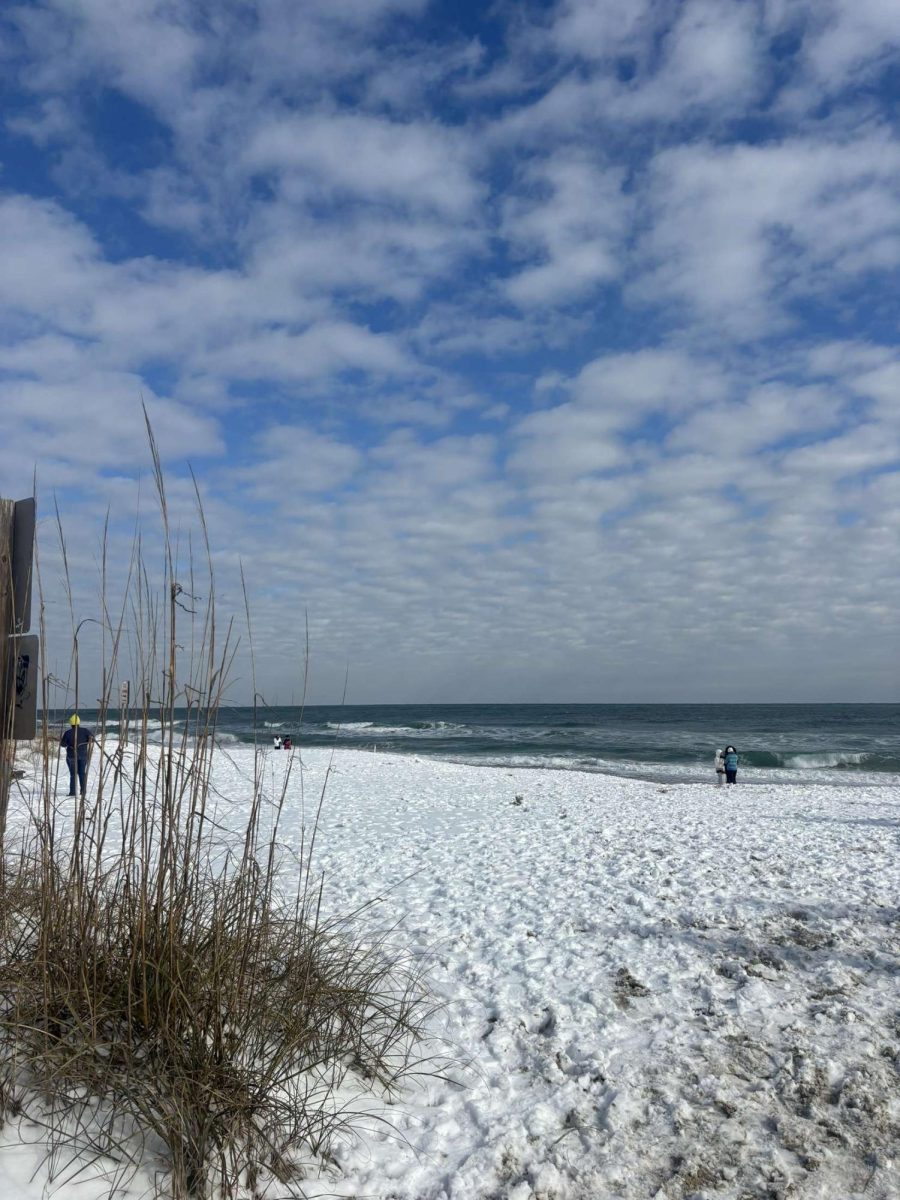
Emily Rinehart • Apr 16, 2025 at 9:49 pm
It’s Dr. Hohn, not
hohms